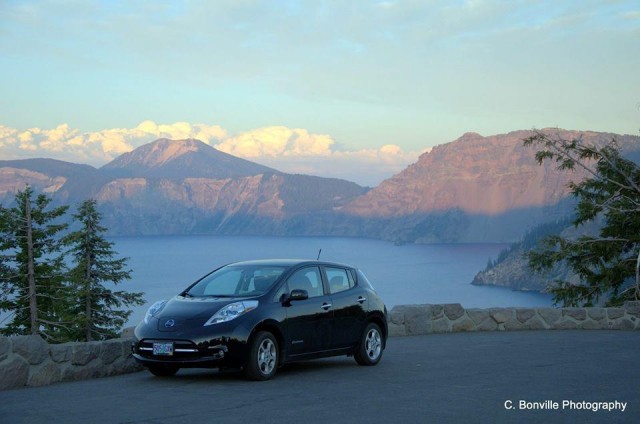It’s no secret that electric vehicles are better for the environment than traditional gas guzzlers. And thanks to decreased maintenance costs, increased electric vehicle charging infrastructure, and more vehicles now coming onto the market, more people are considering making the switch to electric. Federal and state rebates, as well as innovative policies like the Oregon Clean Fuels Standard, are helping to spur electric vehicle ownership, making them more accessible to a variety of consumers.
But what does an EV being a “more cost effective” choice really mean for a driver in the Pacific Northwest? The Union of Concerned Scientists recently released a report that helps contextualize the savings, breaking them down by US city. They found that the annual savings of electric over gas vehicles ranges from $440 to over $1,070 per year, depending on the electricity provider, the choice of electricity rate plan, and the local cost of gasoline. For drivers in Portland, going electric results in $853 in savings for Pacific Power customers and $928 for Portland General Electric customers, based on 11,400 miles of annual driving. In Seattle, savings for Seattle City Light customers are $804 per year.
While the report found that the average gasoline vehicle is still about $4,000 cheaper than the average electric vehicle, researchers note that “electric cars are expected to become the cheapest option without subsidies in a few years.” Until then, federal and state rebates for electric vehicles are critical drivers in helping individuals make the switch more easily. Add to that the decreased maintenance and fuel costs, as well as programs like Clean Fuels that increase charging infrastructure, and it’s easy to see why electric vehicles are all the buzz.
